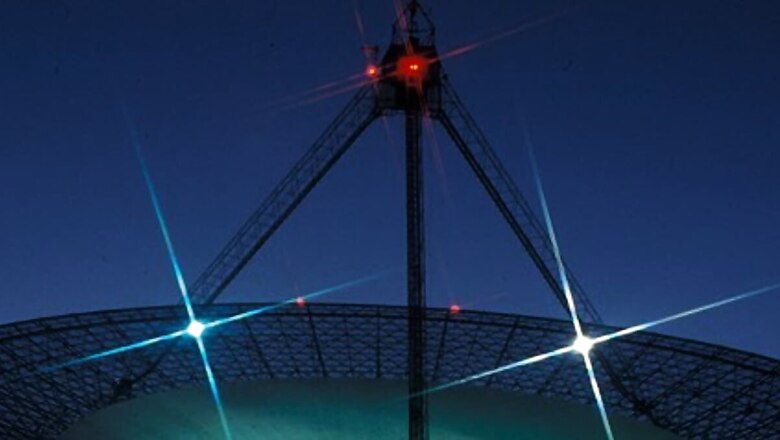
views
For the longest time, science enthusiasts and space scientists have hoped to receive some type of communication from aliens. The existence of aliens has inspired a number of science fiction books and movies. One of the pioneering institutes that work to explore the existence of extraterrestrial life is the SETI Institute in California, USA. It was formed in 1984 to “explain the origin and nature of life in the universe.” For the past 50 years, the space research organisation has been trying to make contact with aliens in a number of ways such as reading for any signals being emitted from the galaxy.
Seth Shostak, senior astronomer for the SETI Institute, is one of the optimists who thinks that humans might get a signal or some form of communication from aliens in the next 10 to 15 years. Many scientists believe that aliens living in other galaxies can establish contact with the blue planet by reading signals transmitted by man-made satellites.
A few years ago, Shostak participated in an Ask Me Anything session on Reddit where he took questions on space research. One person asked him, “Hello Seth, do you think we will still find intelligent aliens before 2036 as you had predicted before?” In response, the 80-year-old astronomer said, “I do! The trend of improving hardware — mostly computers — has proceeded unabated. I’m still betting on a signal by 2036.”
Is that headline in need of a skeptic check? I am Seth Shostak, Senior Astronomer at the SETI Institute and host of Big Picture Science, and I can help. AMA!byu/setiinstitute inspace
In 2023, a study by the University of Manchester also hinted at this possibility. The study concluded that the thousands of satellites circulating around the Earth throw heightened radio signals that can be picked up by the aliens.
Professor Mike Garrett, Team Leader of the project and Director of Jodrell Bank Centre for Astrophysics at the University of Manchester, told Daily Mail, “Although it’s true we have fewer powerful TV and radio transmitters today, the proliferation of mobile communication systems around the world is profound.”
He added, “Current estimates suggest we will have more than one hundred thousand satellites in low Earth orbit and beyond before the end of the decade. The Earth is already anomalously bright in the radio part of the spectrum; if the trend continues, we could become readily detectable by any advanced civilization with the right technology.”
Only time will tell if these predictions and prophecies come true and if scientists manage to find concrete evidence about the existence of aliens.




















Comments
0 comment